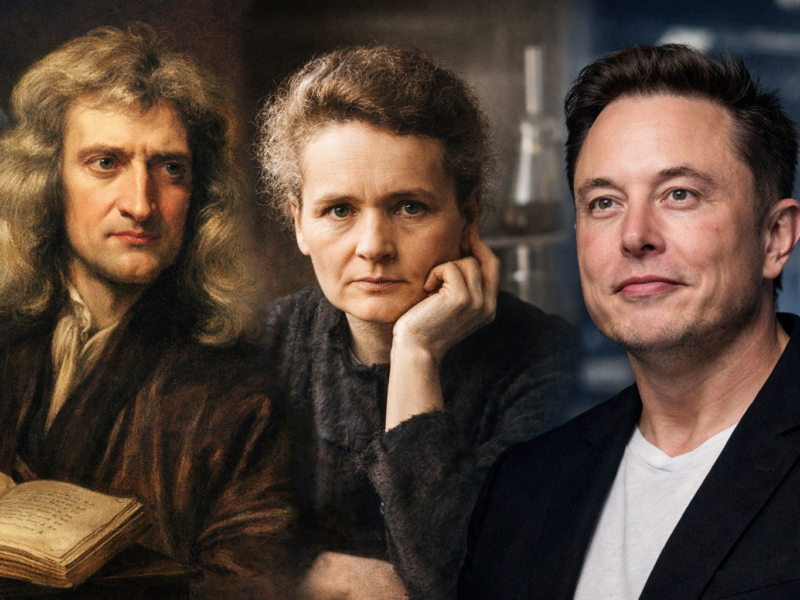From the outside, INTJs look like they’ve got everything together—logical thinkers, high achievers, and future-focused planners. But what most people don’t see is the emotional and social cost of living life with such precision. However, these same traits also make them excellent problem solvers, visionaries, and leaders.
Edward was one of those classic INTJs. Sharp-minded, efficient, and always three steps ahead. He graduated with honors, landed a competitive job, and even had a vision board before it was trendy. But despite all that, he often felt misunderstood—alone in a world that didn’t speak his language.
The very traits that made him excellent—his independence, high standards, and strategic thinking—also created walls between him and others. People saw him as cold, arrogant, or “too intense.” The truth? Edward just didn’t know how to switch off the mental chess game in his head.
Why the Struggle Runs So Deep
The INTJ brain naturally favors systems over sentiment. This isn’t just a personality quirk—it’s how they process the world. Their intuition and logical reasoning dominate their day-to-day behavior, while emotional intelligence remains largely unexplored.
But when that emotional side is ignored for too long, it doesn’t disappear—it mutates. It manifests as burnout, emotional detachment, or a coldness that others misread as arrogance.
Many great minds throughout history—thinkers such as Isaac Newton, Nikola Tesla, and Ayn Rand—shared traits associated with the INTJ personality type. Their brilliance shaped the world, but their isolation and internal battles often defined their private lives.
The Common Emotional Struggles of INTJs:
- Chronic self-pressure – They feel like they must justify their worth by what they accomplish.
- Fear of emotional vulnerability – Not because they don’t feel, but because they feel too much and don’t know what to do with it.
- Social detachment – They yearn for connection, yet they shy away if it feels inefficient, inauthentic, or draining, carrying the heavy burden of their emotional detachment.
- The need to be right – Not for ego, but to prove to themselves that trusting their internal logic has value.
The Deeper Drive
What truly fuels the INTJ isn’t attention, fame, or approval—it’s the relentless pursuit of self-validation. They often carry an invisible weight: the need to prove they were right to believe in their potential when others didn’t. They play the long game, not to impress the world, but to redeem themselves from early feelings of being misunderstood or dismissed.
Conclusion: The Mastermind’s Inner Mission
Yes, INTJs can feel like outsiders—even in a room full of people. But their path isn’t to blend in. It’s to refine their edge while learning to honor their emotional world as a strength, not a weakness.
Their downfall isn’t their intelligence—it’s forgetting that even the most brilliant mind needs room to feel, connect, and rest. Once they integrate both sides of themselves—the thinker and the feeler—they become not just powerful, but unshakable.
–American Academy of Advanced Thinking & Open AI


